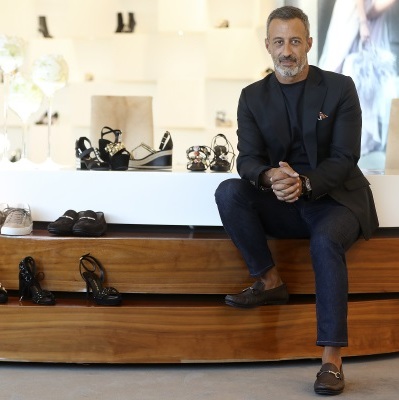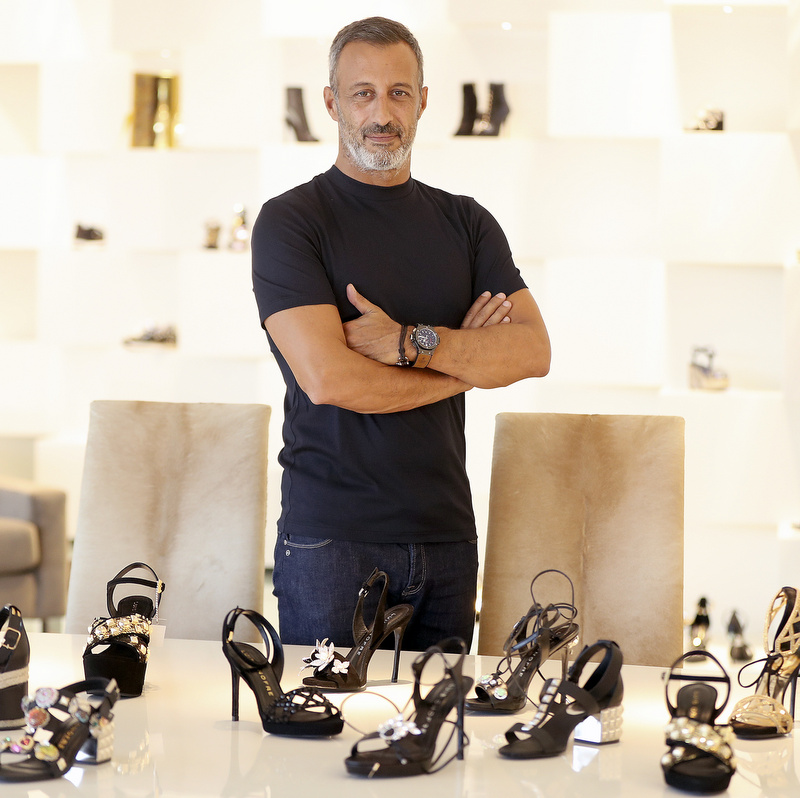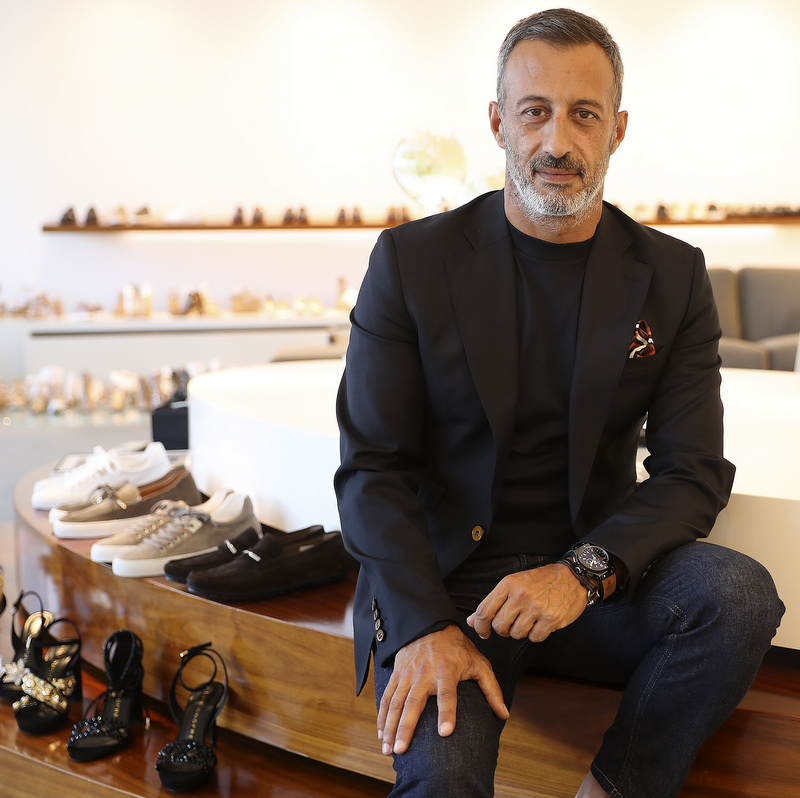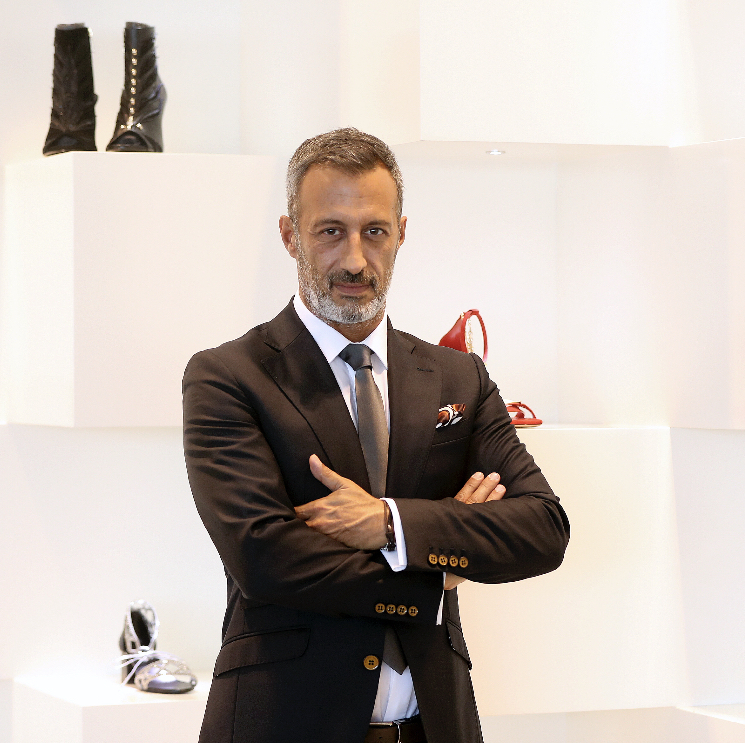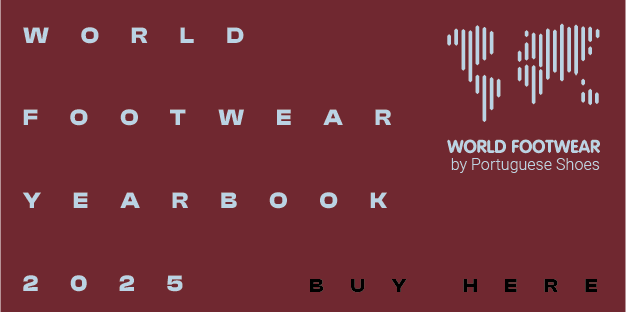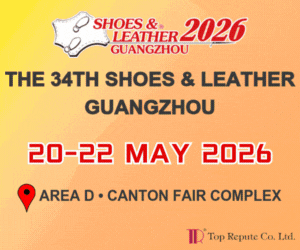Luís Onofre re-elected President of the European Footwear Confederation
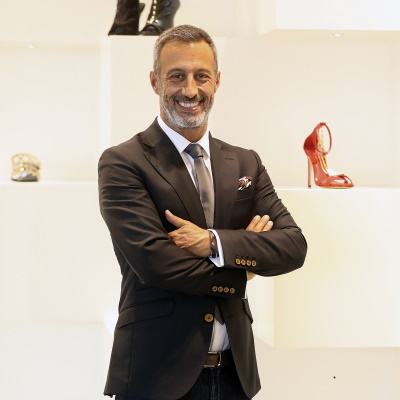
The Portuguese entrepreneur, who is President of APICCAPS - Portuguese Footwear, Components, Leather Goods Manufacturers’ Association, was re-elected for a second term as CEC's President
Luís Onofre was re-elected for a second two-year term as President of the European Footwear Industry Confederation (CEC), the entity representing the European footwear industry, consisting of 21 thousand companies responsible for 278 thousand jobs.
The entrepreneur and designer born in Oliveira de Azeméis (in the north of Portugal), who is also President of the Portuguese Footwear, Components, Leather Goods Manufacturers’ Association - APICCAPS) was unanimously re-elected during the last General Assembly of the CEC, held on the 25th of June.
Luís Onofre's first term was marked by an unprecedented economic and health crisis: “These two years were the most difficult for our sector, but we have to look for further opportunities for European footwear to strengthen its status in international markets. Maintaining free and fair trade is our priority, namely a system based on free, fair and balanced trade”, he concluded.
Over the past two years, the European Confederation, led by Mr. Onofre, has focused its efforts towards "pleading for open and rules-based trade to European Union institutions", in the broader context of the new European Industrial Strategy that sets out instruments and complementary regulations to support the green and digital transitions of footwear companies. “COVID-19's unprecedented impact on European industry has triggered a much-needed update of the European Industry Strategy. Aiming to facilitate the transition of the European industrial sectors to a greener and digital economy, the strategy also recognizes the importance of maintaining a strong industry in Europe to guarantee its autonomy”.
Upholding Free and Fair Trade
CEC has been working towards a system that relies on open trade based on rules and where global trade partners operate on a level-playing field is the best possible constellation for the European footwear industry to both flourish at home and grow internationally; as such the European Confederation is working closely worked with European decision-makers and advocates to push forward the EU-Mercosur Association Agreement and speed its ratification process. Another strategic market for EU footwear is the US, and with that in mind, CEC and their American counterparts are committed to "actively partake in relaunching trade relations together with European and American public authorities". Another key activity for CEC in terms of international trade is the "active involvement in the upcoming revision of the EU Generalised Scheme of Preference (GSP) to ensure that the future Regulation includes the necessary safeguard measures to protect EU footwear companies and ensure export product diversification of the beneficiary countries in order they develop their economies".Jumping with both feet into the green and digital economy
According to CEC, the unprecedented impact of COVID-19 on the European industry triggered a "much-needed update of the European Industrial Strategy" with focus on "maintaining a strong industrial fabric within Europe to secure its strategic autonomy". During CEC’s General Assembly, Ms. Valentina Superti, Director Ecosystems Textiles and Tourism in European Commission, DG GROW, made it clear that “every crisis is an accelerator of trends, and although digitalisation and sustainability were latent topics, they are now more important than ever and this will lead to changes in every company’s business model”.Raising interest for the sector among young people
In 2019, 70% of EU companies reported being unable to find qualified workers hampered investments and further growth, and such a situation is the reality for many European footwear companies. Suffering from a lack of attractiveness due to antiquated prejudices and misconceptions, the European footwear companies have difficulties in finding young recruits to replace ageing workers. During these past two years, the CEC has been part of multiple European projects (#InMyShoes, Erasmus+ Blueprint Skills4Smart TCLF Industries 2030) aiming to show young people what it is really like to work in a footwear company: good jobs, career progression opportunities, new digital and green production tools and processes. In the next two years, CEC will continue under Luis Onofre’s Presidency to advocate on behalf of European footwear companies to make sure that EU actions support them in adapting to and benefiting from the green and digital opportunities.As Luis Onofre stated, “support for innovation, a free but fair-trade policy and European collaboration at all levels to further skills development are the most vital elements to guarantee the prosperity of European small-and medium-sized businesses today”.



